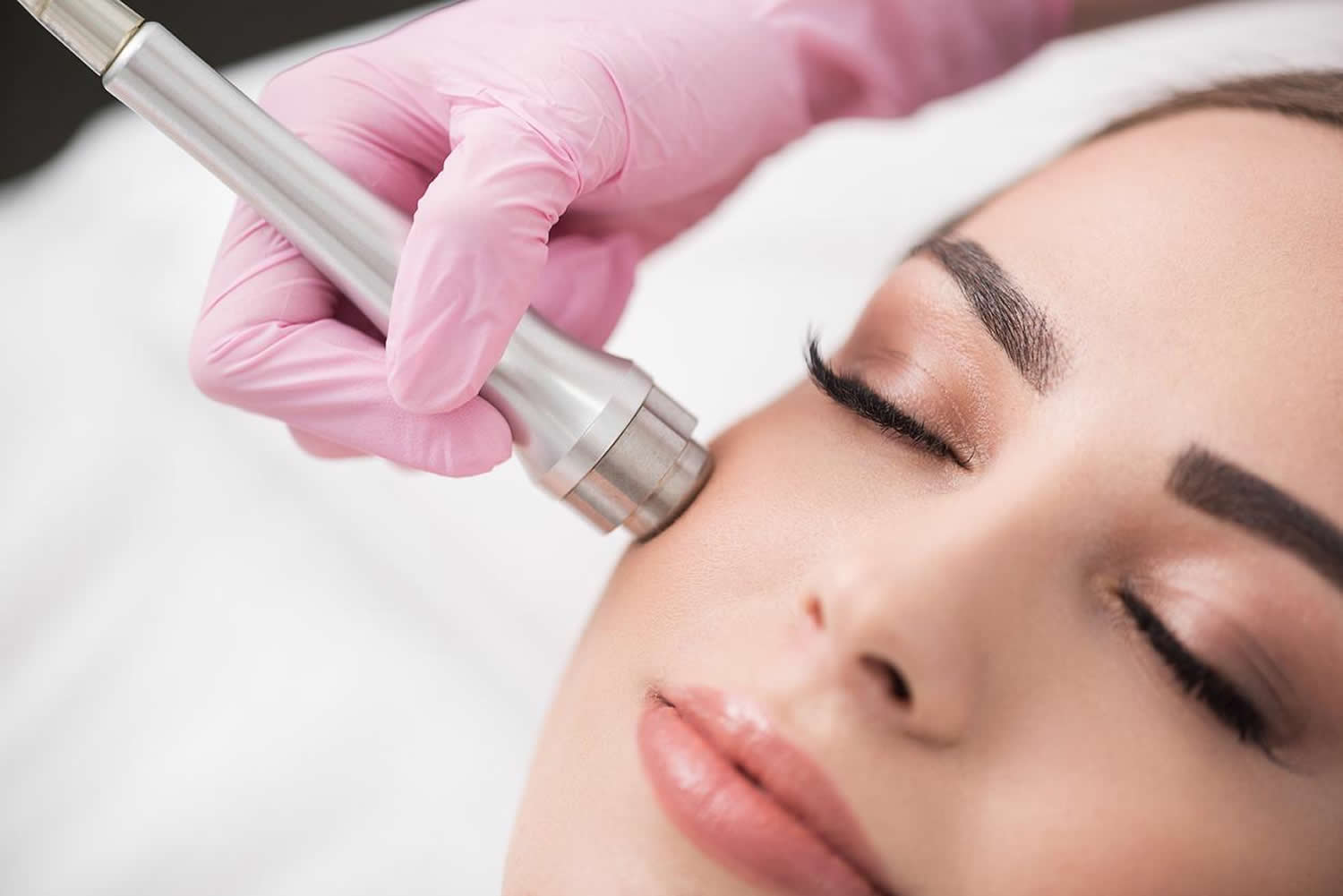If you are interested in microdermabrasion like microdermabrasion Virginia Beach, you have probably heard of the procedure, but not the treatment itself. What is microdermabrasion? This article will help you to understand the procedure, the benefits, and the side effects of this procedure. You will also learn about the cost and the precautions involved. So, what can microdermabrasion do for you? If you are curious, continue reading! Here is a brief overview:

Treatments
Microdermabrasion is an effective treatment for the removal of dead skin cells. It involves a stream of micro-crystals that are applied to the skin. The process can feel like a cat’s tongue or a light tug on the skin. However, it is usually painless. In addition to its cosmetic benefits, microdermabrasion also improves lymphatic flow and stimulates cell renewal and regrowth.
Although microdermabrasion has many benefits, it should not be considered a one-time treatment. Because it only acts on the epidermal layer, it will not improve deep wrinkles, surgical scars, pigmentation, or severe acne. In addition, it is not recommended for patients who suffer from age-related facial skin looseness. Patients should consult a physician before undergoing microdermabrasion. The procedure is not recommended if you have undergone waxing or exfoliating creams within the past few months.
Side effects
Side effects of microdermabrasion can include mild skin irritation, redness, bruising, or flaking. However, these side effects are not serious and are temporary. Some people may develop a skin rash after undergoing the procedure, and many of these reactions are due to the highly sensitive nature of facial skin. These side effects should not be a cause for concern, as most do not last more than a few days.
Patients on medications such as Accutane and Retin-A should not undergo microdermabrasion if they are taking these drugs. Retin-A and other acne medications may increase the risk of side effects, such as scarring. If you have a history of acne or are taking a medication such as Isotretinoin, you should wait at least six months before getting microdermabrasion. In addition, people on hormonal medications should avoid the procedure if they are pregnant or have high hormone levels.
Precautions
Before undergoing dermabrasion, patients should prepare their skin by staying out of the sun for several days. They will also have a pink or red patch of skin for a week or two following the procedure. The skin will also develop a scab-like crust, slowing the healing process and worsening the outcome. To avoid this, patients must follow the doctor’s instructions regarding the use of sunblock, moisturizer, or a cool compress. In addition, patients should take at least two weeks off work following dermabrasion to avoid sunburn.
Microdermabrasion is a relatively inexpensive alternative to laser treatment and chemical peels. While the procedure can be painful, it can help improve the appearance of the skin and rejuvenate it without damaging more profound layers. Although microdermabrasion can be a painful treatment, it does stimulate the blood flow to the skin’s surface, increasing the amount of oxygen and nutrients reaching the skin’s cells. As the treatment removes moisture from the skin, it is necessary to use a rich moisturizer afterward.
Cost
Depending on the practice, the cost of microdermabrasion may vary significantly. Microdermabrasion is performed by a licensed skin care professional who may not be under the supervision of a healthcare provider. In most states, the procedure requires no anesthesia, but in some states, it is mandatory to have anesthesia before the procedure. Microdermabrasion treatments are not painful, but some patients may experience mild sensitivity after the procedure.
Before choosing microdermabrasion as a treatment option, you should consult with a board-certified dermatologic surgeon. The doctor will use specialized equipment to target your skin’s problem areas. The treatment may also be more effective than other methods and require fewer sessions. However, microdermabrasion is not suitable for all skin problems, so you should consider whether you can afford it. If you have a budget and can’t pay for the treatment up-front, you can seek alternative financing options. Medical care financing firms can help you secure a loan at a reasonable interest rate.
Downtime
One of the benefits of microdermabrasion is that there is minimal or no downtime afterward. This treatment can help correct fine lines and wrinkles, acne scarring, and uneven skin tone and texture. The most common concern after a microdermabrasion facial is redness. However, this is a good sign since the epidermis has been properly nourished and hydrated. In general, downtime after microdermabrasion is minimal and can last anywhere from half an hour to a day.
After microdermabrasion, you will notice slight redness on the treated area. This redness is temporary and will go away in a few hours, but it may last up to 48 hours. It would be best if you also avoid excessive sun exposure for a week or so. If you are allergic to aluminum, inform your provider so they can make appropriate accommodations. You will also be asked to wear protective eyewear during this time.